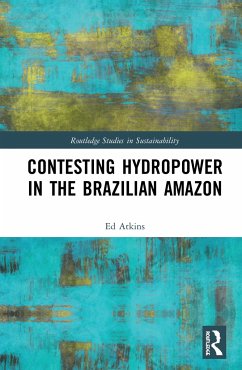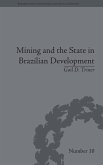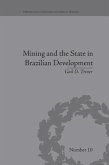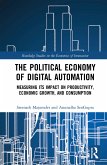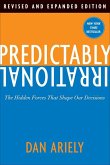In Contesting Hydropower in the Brazilian Amazon, Ed Atkins focuses on how local, national, and international civil society groups have resisted the Belo Monte and São Luiz do Tapajós hydroelectric projects in Brazil. In doing so, Atkins explores how contemporary opposition to hydropower projects demonstrate a form of 'contested sustainability' that highlights the need for sustainable energy transitions to take more into account than merely greenhouse gas emissions. The assertion that society must look to successfully transition away from fossil fuels and towards sustainable energy sources often appears assured in contemporary environmental governance. However, what is less certain is who decides which forms of energy are deemed 'sustainable.' Contesting Hydropower in the Brazilian Amazon explores one process in which the sustainability of a 'green' energy source is contested. It focuses on how civil society actors have both challenged and reconfigured dominant pro-dam assertions that present the hydropower schemes studied as renewable energy projects that contribute to sustainable development agendas. The volume also examines in detail how anti-dam actors act to render visible the political interests behind a project, whilst at the same time linking the resistance movement to wider questions of contemporary environmental politics. This interdisciplinary work will be of great interest to students and scholars of sustainable development, sustainable energy transitions, environmental justice, environmental governance, and development studies.
Hinweis: Dieser Artikel kann nur an eine deutsche Lieferadresse ausgeliefert werden.
Hinweis: Dieser Artikel kann nur an eine deutsche Lieferadresse ausgeliefert werden.
"This book takes a new approach to the battle between pro-dam and anti-dam movements, emphasizing storylines and what lies underneath their discourses. It uncovers the motivations of each, and questions the way each uses sustainability arguments to their own purposes."
Emilio F. Moran, John A. Hannah Distinguished Professor, Michigan State University
"Hydroelectric dams are not made only of concrete. As this engaging book shows, they are also built out of storylines that construct justifications for them that call them sustainable. Atkins uses a deeply-researched study of two Brazilian dam projects to show how heterogenous opposition movements can also wield storylines to repoliticize and resist such projects, and even to challenge the broader claim that hydropower is a sustainable energy choice."
Kathryn Hochstetler, Professor of International Development, LSE
"Atkins provides us with an update on the longstanding dams debate, focusing specifically on large scale dam construction in the Brazilian Amazon. He does so through a careful interrogation of varied storylines regarding dam construction-whether in terms of hydropower and clean energy in an era of climate change mitigation and sustainability -or the multiple storylines of resistance, and Indigenous rights within the broad social and political context of Brazil. The key contributions of the book are precisely to carefully work through narratives to resist and reframe the Belo Monte and Sao Luiz do Tapajos dams and their likely impacts, highlighting themes of exclusion from decision making, environmental and political impacts, and Indigenous rights and territory. In so doing, the work responds to efforts to depoliticize infrastructures and interventions, instead rendering visible and political such projects and how they intersect with broader contextual considerations."
Leila M. Harris, Professor, Institute for Resources, Environment and Sustainability and Institute for Gender, Race, Sexuality and Social Justice, Co-Director, Program on Water Governance, University of British Columbia
Emilio F. Moran, John A. Hannah Distinguished Professor, Michigan State University
"Hydroelectric dams are not made only of concrete. As this engaging book shows, they are also built out of storylines that construct justifications for them that call them sustainable. Atkins uses a deeply-researched study of two Brazilian dam projects to show how heterogenous opposition movements can also wield storylines to repoliticize and resist such projects, and even to challenge the broader claim that hydropower is a sustainable energy choice."
Kathryn Hochstetler, Professor of International Development, LSE
"Atkins provides us with an update on the longstanding dams debate, focusing specifically on large scale dam construction in the Brazilian Amazon. He does so through a careful interrogation of varied storylines regarding dam construction-whether in terms of hydropower and clean energy in an era of climate change mitigation and sustainability -or the multiple storylines of resistance, and Indigenous rights within the broad social and political context of Brazil. The key contributions of the book are precisely to carefully work through narratives to resist and reframe the Belo Monte and Sao Luiz do Tapajos dams and their likely impacts, highlighting themes of exclusion from decision making, environmental and political impacts, and Indigenous rights and territory. In so doing, the work responds to efforts to depoliticize infrastructures and interventions, instead rendering visible and political such projects and how they intersect with broader contextual considerations."
Leila M. Harris, Professor, Institute for Resources, Environment and Sustainability and Institute for Gender, Race, Sexuality and Social Justice, Co-Director, Program on Water Governance, University of British Columbia

